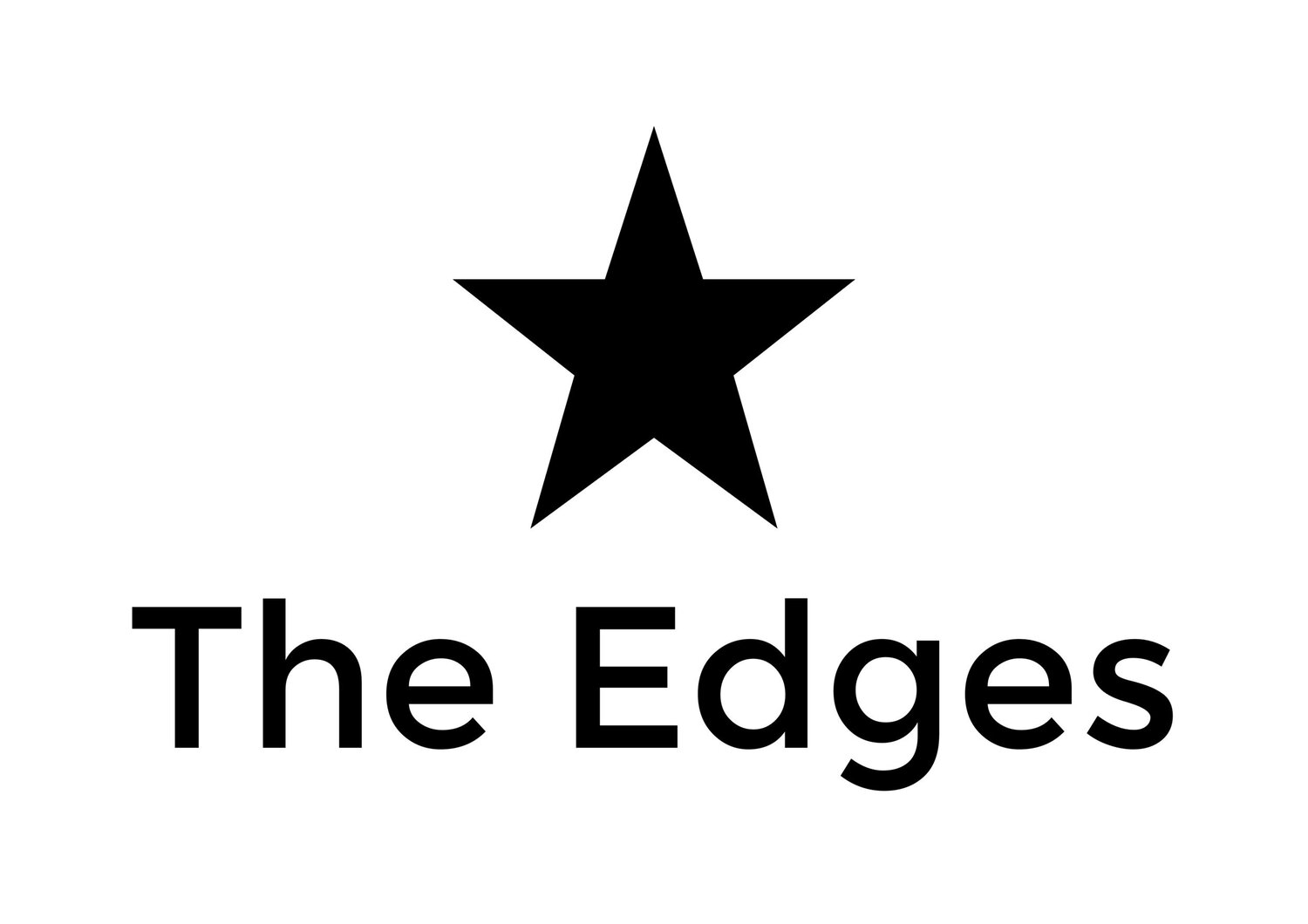Ten Things I Think About Our #Hashtag Culture
1. I think first I should ask "Pardon" while I offend everyone who uses the #hashtag as a way to communicate their witty self, including, well, myself.
a. The #hashtag (henceforth referenced as {#} ... ) began in the popular space in 2007 when Chris Messina tweeted #barcamp and suggested using the {#} as a way to form "groups" on Twitter.
b. My extensive research on the robust Wikipedia website and an article on LifeHack Dot Com suggests the {#} originated as a "metadata tag." The {#} was used as early as 1978 in the C programming language as a way to key certain words that needed processed first.
c. But the {#} has since morphed into its own language, indeed, its own ethos and is viewed by experts as the grandfather cultural language to the THIS {^} Phenomenon.
2. I think in a communication-saturated society, we more and more communicate bad(ly).
a. The {#} is now used by folks on the World Wide Web (henceforth referred to as WWW) to communicate witty barbs, color commentary, insults, and just straight up ridiculousness. We all do it, have done it, will do it.
b. But, just as we now enjoy using one-word-emphatics to express our delight in an image or article or whatever on the WWW, we now reduce our intellectual selves to mere run-on blurbs lined up behind the ubiquitous {#}.
c. My question for us all: Have we become the {#} culture of non-thinking, fast and witty blurbers who speak in footnotes to one another, who justify shoddy communication as long as the almighty {#} is present?
d. And please do not misunderstand. I'm not suggesting Twitter or {#} is inherently wrong. I am simp(ly) examining a cultural thread that seems to be infiltrating online communication.
e. Clear(ly) Twitter has solidified itself as a cultural staple, both for good and for ill. But we must remain vigilant as human beings, we don't want to reduce life into {#}s and THIS {^}.
3. I think the demise of fruitful and pure communication extends from {#} into blogs and news sources.
a. "{#} I'm 38."
b. {#} is this how we talk now?
c. {#} classic.
4. I think these are the essential concepts to understanding the {#} language and the Twitter communication tool in general.
a. Your opinion is all that matters.
b. Who cares what other people think ... {#} question mark.
c. Everyone else uses Twitter as their social soap slash barking box why shouldn't I ... {#} question mark.
d. Reformed theology {#} Calvin is my home boy.
e. Mention {#} World Vision (WV) in the commendatory one day, and in the pejorative the next {#} classic.
f. Use carefully planned one-liners to expel people and organizations from social groups, such as churches, the church universal, cause-based initiatives, and the like.
g. Speak or shout at length in a wild, impassioned way; otherwise known as ranting and commonly misinterpreted as operating in the lyrical dialectic.
h. Leverage the polemic and up-building discourse to suit your own needs.
5. I think, as Christians, our communication should employ the posture of silence.
a. Let us remember the preciousness of Christ is described in such terms.
b. The ethic of restraint holds powerful brilliance, and was a staple of the Christ's witness, as well as other notable disciples.
c. Paul uses the idea of silence (when he uses the term with regard to women in the church) as a posture of preciousness, of quietness of spirit. It's the same kind of spirit used to describe Jesus, the Precious One.
d. True courage on the internet does not come through unbridled communication and an airing of everything. Rather, true courage can be seen by how precious our posture can be.
e. In a {#} culture, in a THIS {^} culture, in a "me first " culture we tend to lose our sense of preciousness. It's easy to forget the beauty of restraint and discernment.
It's easy to forget when Jesus faced sure death, after being beaten to a pulp, he bore witness to his own preciousness by remaining silent--by chosing not to speak, even when he had every right to, even when he--in human eyes--should have.
"Stand up for yourself, Jesus! Tell them who you really are! Show them! Flex your divinity for a moment, and all this goes away. And hey, use a pithy {#} when you do."
But in that moment, Christ did not do the human-like thing. He did the God-like thing. He remained silent and hung on the tree.
6. I think the {#} has influenced theology, and not in a humorous pithy {#} kind of way.
a. This point deserves its own post.
b. I will, therefore, exercise #5 and expand when I've given it more thought. Just keep an eye on my Twitter feed to see if I do decide to rant (See #4.g)
7. I think if we spent more time reading good poetry perhaps we'd communicate better.
a. "The endless cycle of idea and action,
b. Endless invention, endless experiment,
c. Brings knowledge of motion, but not of stillness;
d. Knowledge of speech, but not of silence;
e. Knowledge of words, and ignorance of the Word" {T.S. Eliot, "Choruses From the Rock."}
{*No offense, of course, to @KatyPerry, the queen of pop and the (formerly) number 1 Twitter celebrity}
8. I don't think Hemingway would enjoy Twitter.
a. Careless doesn't equal terse.
b. Mindless doesn't equal lean.
c. Bullfighting takes actual courage.
9. I think I shall henceforth use the written word "hashtag" in open rebellion of the {#} craze.
10. THIS {^}
This post was first posted August 27, 2014 on my old blog. I’ve revived it for your reading pleasure. Hashtag Archive. Hashtag Still Relevant. Hashtag Hashtag. Hashtag Make It Stop.






